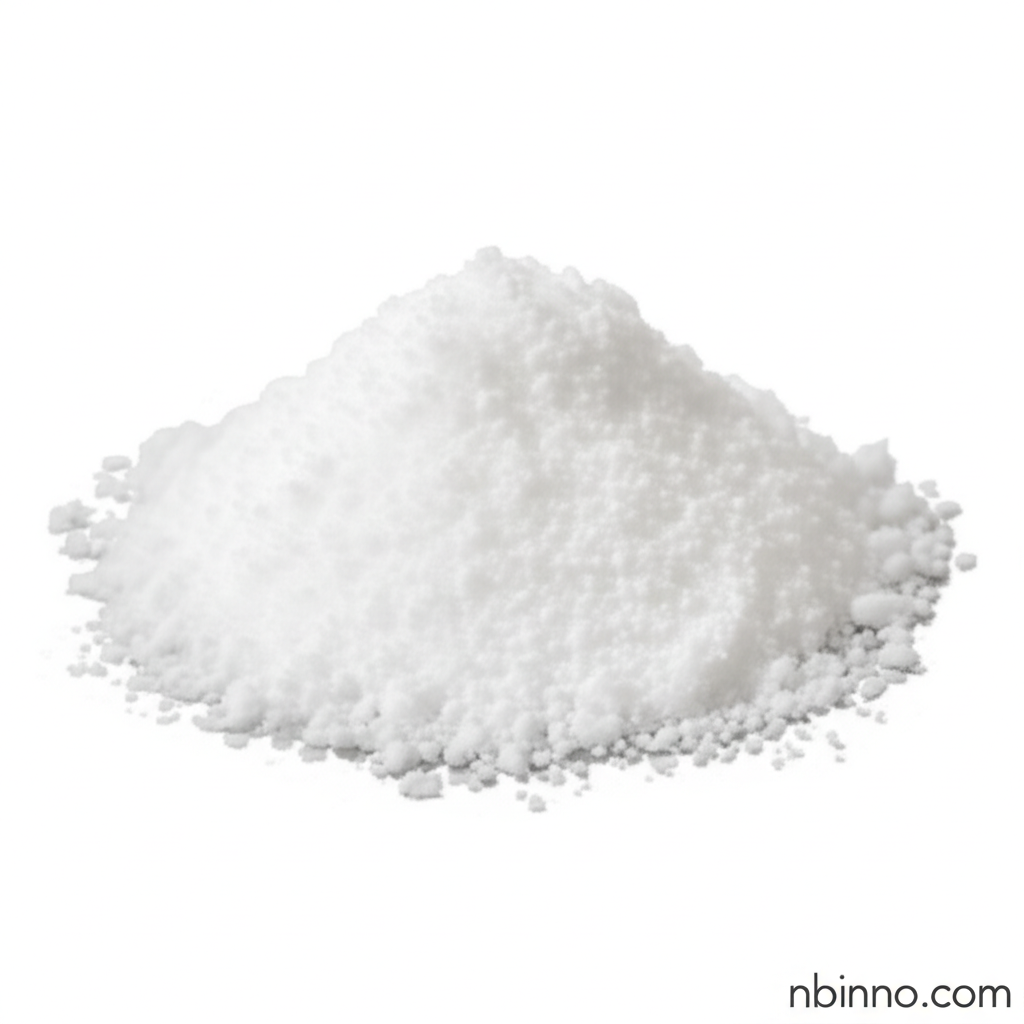Paricalcitol: Comprehensive Guide to its Use in Secondary Hyperparathyroidism Management
Discover the therapeutic role and clinical applications of Paricalcitol in managing hyperparathyroidism.
Get a Quote & SampleProduct Core Value

Paricalcitol
Paricalcitol is a synthetic analog of vitamin D, specifically designed to treat and prevent secondary hyperparathyroidism in patients suffering from chronic kidney disease. Its mechanism of action involves suppressing the expression of parathyroid hormone (PTH) mRNA and inhibiting the proliferation of parathyroid cells, thereby helping to regulate calcium and phosphorus levels in the body.
- Understand the critical role of Paricalcitol for secondary hyperparathyroidism in restoring hormonal balance.
- Explore how to manage hyperparathyroidism with vitamin D analogs effectively.
- Learn about appropriate paricalcitol dosage for chronic kidney disease patients.
- Identify potential paricalcitol drug interactions and how to mitigate them.
Key Advantages Offered
Targeted PTH Suppression
Paricalcitol effectively suppresses elevated parathyroid hormone levels, a common issue in chronic kidney disease, aiding in the treatment of secondary hyperparathyroidism.
Kidney Health Support
By regulating calcium and phosphorus, Paricalcitol contributes to better overall renal health management for patients with chronic kidney disease.
Controlled Administration
With clear dosage guidelines for both adults and pediatric patients, healthcare providers can ensure precise administration and monitor for paricalcitol side effects management.
Key Applications
Secondary Hyperparathyroidism Treatment
This is the primary indication for Paricalcitol, addressing the overproduction of PTH often seen in kidney disease. Learn how to prevent secondary hyperparathyroidism effectively.
Chronic Kidney Disease Management
Paricalcitol plays a vital role in the comprehensive management of patients with CKD, addressing associated hormonal imbalances.
Endocrine Health Support
As a vitamin D analog, it influences endocrine functions, contributing to the body's overall hormonal regulation.
Pharmaceutical Research & Development
Serving as a key ingredient in therapeutic formulations, it supports advancements in pharmaceutical R&D.
